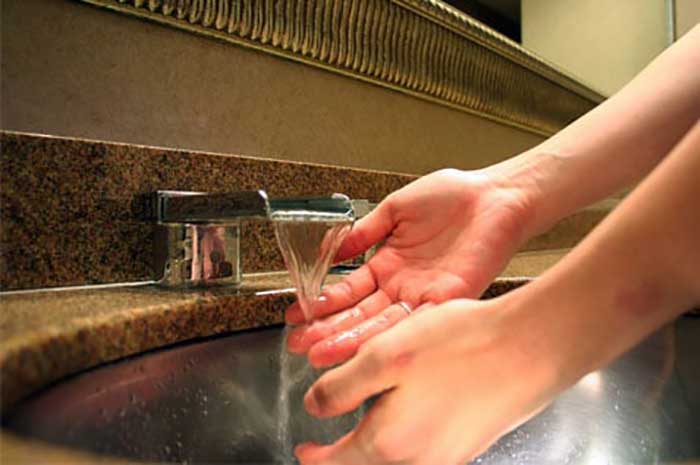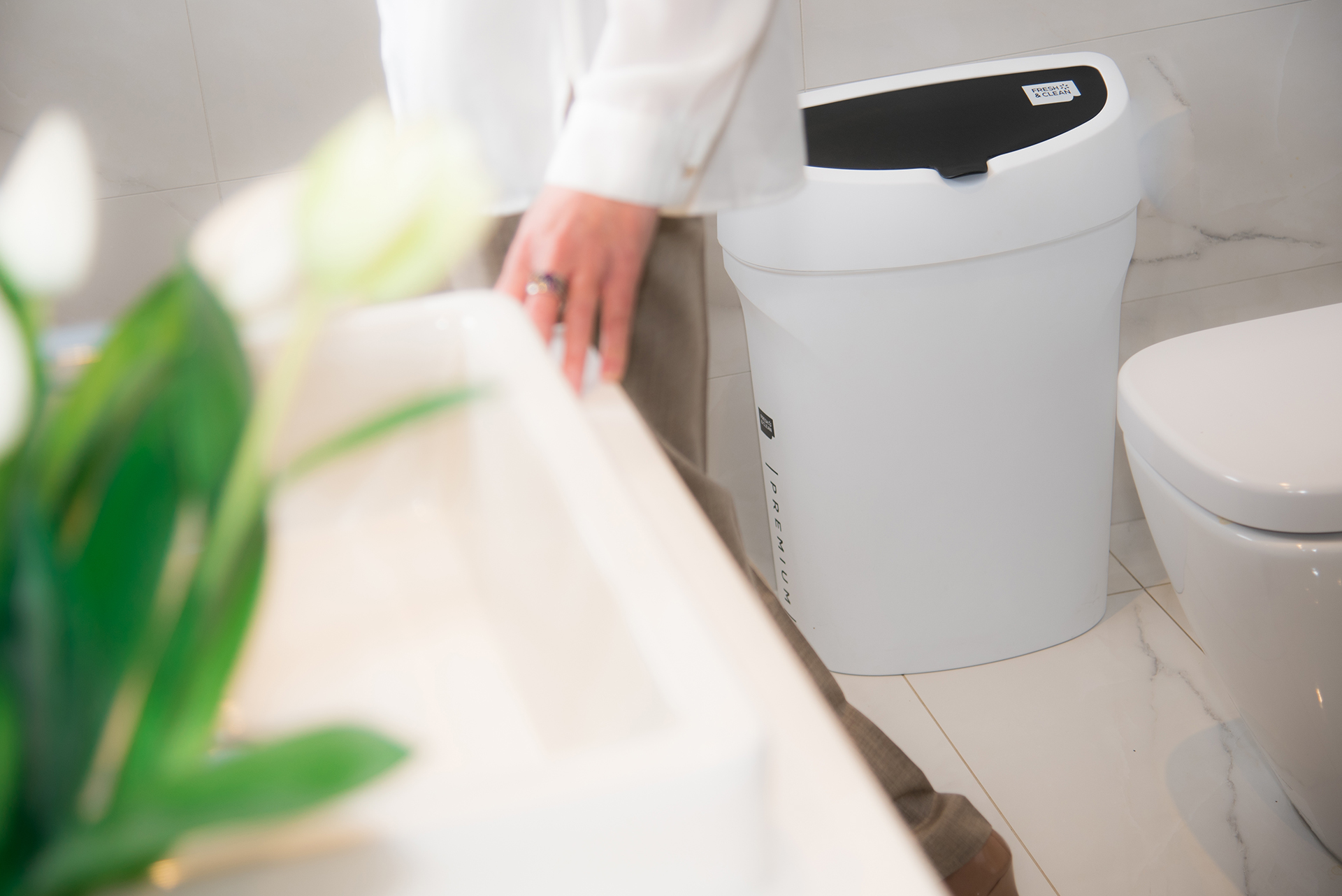
- /
- /
The Evolving Landscape of Workplace Hygiene: South Australia’s Work Health and Safety Reforms
Workplace safety just got a serious upgrade in South Australia, and it’s not just another excuse to add more paperwork to your already towering in-tray. These comprehensive work health and safety (WHS) reforms are about as significant as finding a meat pie at the footy. Here’s what to expect:
Extended Prosecution Windows: A Game-Changer for Accountability
The prosecution timeframe for serious workplace breaches has doubled from 12 to 24 months…about as long as it takes to convince a Sydneysider that Adelaide’s beaches are better. This gives regulators more time to build their cases. For workplace hygiene matters, this is particularly crucial. After all, you can’t rush proper investigation any more than you can rush a good barbie.
The extended timeframe tells employers that maintaining high hygiene standards isn’t just a “she’ll be right” situation. Organisations will need to keep more detailed records than they did previously.
Breaking Down Confidentiality Barriers
The easing of confidentiality provisions is like opening the roller door on your shed – everything’s now out in the open. This change could have more impact on workplace safety matters. It’s about making sure everyone’s singing from the same song sheet when it comes to maintaining proper hygiene standards.
This reform encourages organisations to share their experiences more freely. Though naturally, they’ll still need to protect sensitive information more carefully than before.
Streamlined Dispute Resolution: A New Approach
The new dispute resolution model is smoother than a flat white at your favourite café. This system allows certain parties to lodge disputes and get them sorted faster.
The new model may prove particularly valuable in situations where immediate action is necessary to address hygiene concerns, such as inadequate sanitation facilities or exposure to biological hazards. Quick resolution of these issues is crucial for maintaining a safe and healthy work environment.
The Role of the SafeWork SA Advisory Committee
The SafeWork SA Advisory Committee, with its 15 members (enough to field a rugby team with four substitutes), is now as official as a council parking inspector. This Committee’s role in offering advice and recommendations to SafeWork SA could be instrumental in shaping future hygiene standards and practices.
Looking Ahead: Implications for Businesses
These reforms signal a need for organisations to review and potentially upgrade their hygiene management systems. Businesses should consider:
- Implementing more robust documentation systems to track hygiene practices over extended periods
- Developing clear communication channels for reporting and addressing hygiene concerns
- Establishing internal dispute resolution procedures that align with the new model
- Regular review and updating of hygiene policies and procedures
- Investment in staff training on new hygiene standards and compliance requirement
The reforms represent a significant step forward in workplace health and safety regulation. Organisations that proactively adapt to these changes will be better positioned to maintain high hygiene standards and avoid potential compliance issues. As these changes take effect, we can expect to see evolving best practices and potentially new industry standards for workplace hygiene management.





